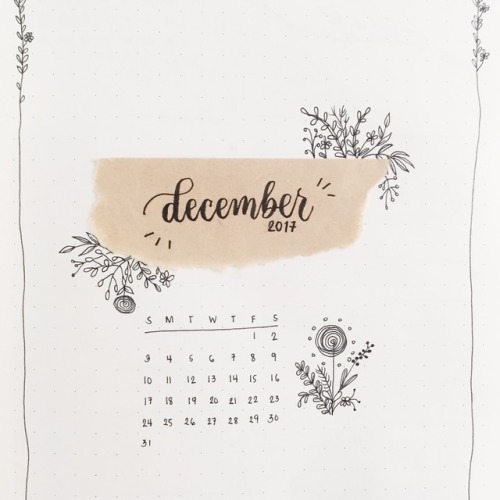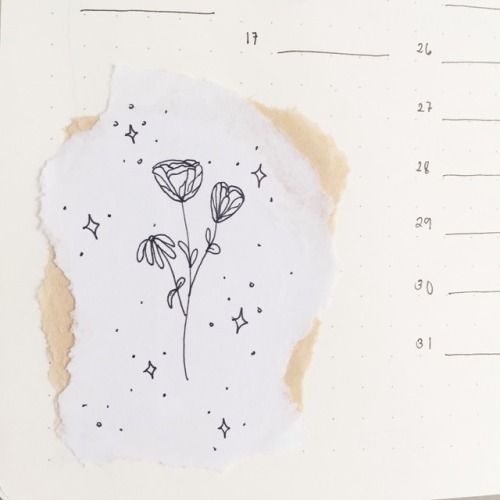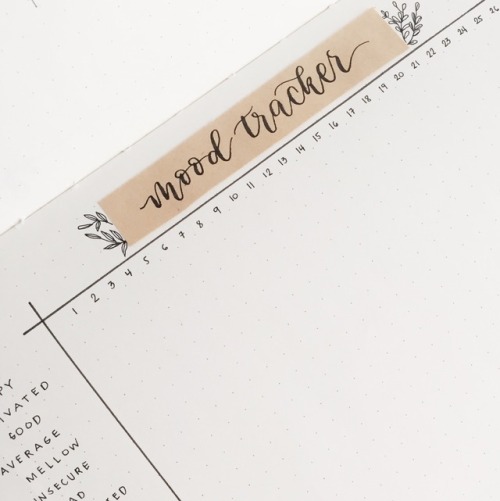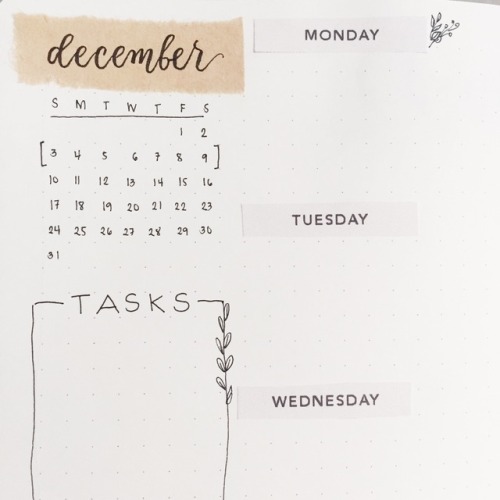50 Things That Top Students Do
50 Things that Top Students Do
Listen to everything they’re taught, not just hearing
Take notes
Listen to opinions they don’t like
Be open to having their minds changed
Don’t listen to music with words when studying
Practise
Commit
Keep a regimen of self-discipline even in the face of a lack of motivation
Take breaks
Sleep regularly and more than expected
Work very hard during the day
Exercise
Plan in advance
Get small tasks done when there isn’t time to do bigger ones
Engage
Take failures as a learning curve
Think positively
Do their best work at the start of the year so they get more slack later
Talk to those who teach them
Debate
Do a little every day instead of all at once
Ask for help
Help others
Drink water
Work hard but work smart
Know what study setup is their most productive
Hold themselves accountable
Figure out which work is a priority
Don’t waste time re-reading as a form of studying
Find out things they don’t understand
Test themselves frequently
Work backwards through things to understand why something works
Learn more than they need
Have more interests and hobbies than just academics
Find out the most important concepts in a course
Learn the most important 20% of the course to get 80% of the grade
Don’t complain
Tailor their courses to focus on what interests them the most
Play hard after working hard
Read in advance
Know how to say no but don’t say no unless they have to
Take every opportunity they can
Eat well
Defend their personal beliefs
Don’t use other people’s successes/failures as an excuse for anything they do
Don’t let studying become the main part of their life
Understand that everything is temporary
Set goals, short- and long-term
Put their phones away/on silent when studying
Don’t expect any results immediately
More Posts from Oliviasstudyblrshit and Others
- ̗ ̀ study break ideas ̖ ́-
if you have 5 minutes...
watch a TED talk
light a candle
paint your nails
put on a hair/face mask
splash your face with cold water
walk around your house
stretch
have a small snack
make a cup of tea/coffee
clear your desk
if you have 10-15 minutes...
watch a longer TED talk
watch a youtube video on studying/something educational
do some yoga
go for a quick run
have a shower
make a smoothie
power nap
workout
organise your desk
if you have 20-35 minutes...
watch a longer TED talk
watch one short episode of a tv programme
do a longer workout
go for a longer run
go for a walk
bake something
call a friend
if you have 40-60 minutes...
watch a documentary
watch one longer episode of a tv programme
go for an even longer walk/run
have a bath
have a one hour nap to help you remember things
Linguistics and Language Podcasts
Looking for podcasts about language and linguistics? Here’s a comprehensive list with descriptions! I’ve also mentioned if shows have transcripts. If there are any I missed, let me know!
Linguistics
Lingthusiasm A podcast that’s enthusiastic about linguistics by Gretchen McCulloch and Lauren Gawne (that’s me!). Main episodes every third Thursday of every month, with a second bonus episode on Patreon. (Transcripts for all episodes)
Talk the Talk Every week Daniel, Ben, and Kylie cover the news in linguistics and tackle a particular topic.
The Vocal Fries Every episode Carrie Gillon & Megan Figueroa tackle linguistic discrimination in relation to a particular group. (Transcripts for some episodes)
En Clair A podcast about forensic linguistics from Dr Claire Hardaker at Lancaster University. Episodes released monthly, with a range of topics from criminal cases to literary fraud. (Transcripts for all episodes)
Accentricity From Sadie Durkacz Ryan, a lecturer in sociolinguistics at Glasgow University. Season one has six episodes.
Field Notes Martha Tsutsui Billins interviews linguists about their linguistic fieldwork.
Language
The Allusionist Stories about language and the people who use it, from Helen Zaltzman (Transcripts for all episodes) (my review)
Grammar Girl Episodes are rarely longer than 15 minutes, but they’re full of tips about English grammar and style for professional writing, and more! (Transcripts for all episodes).
The World in Words From PRI, The World in Words has been delivering wonderful interview-drive stories about language and life since 2008.
Conlangery Particularly for those with an interest in constructed languages, they also have episodes that focus on specific natural languages, or linguistic phenomena.
Subtext a podcast about the linguistics of online dating.
Canguro English a podcast about language for people learning languages.
English
History of English Meticulously researched, professionally produced and engaging content on the history of English. I have already reviewed it three times (episodes 1-4, episodes 5-79, bonus episodes).
Lexicon Valley Hosted by John McWhorter, with a focus on English.
That’s What They Say Every week linguist Anne Curzan joins Rebecca Kruth on Michigan public radio for a five minute piece on a quirk of English language.
A Way With Words A talk-back format show on the history of English words, cryptic crosswords and slang.
Dictionaries
Word For Word From Macquarie dictionary, with a focus on Australian English.
Fiat Lex A podcast about making dictionaries from Kory Stamper & Steve Kleinedler.
Words/etymology
Word Bomb Hosts Pippa Johnstone and Karina Palmitesta explore one explosive word per week, using particular words for a deep dive into linguistic and social issues.
Words for Granted In each episode Ray Belli explores the history of a common English word in around fifteen minutes.
Very Bad Words A podcast about swearing and our cultural relationship to it.
Lexitecture Ryan, a Canadian, and Amy, a Scot share their chosen word each episode.
Wordy Wordpecker Short weekly episodes from Rachel Lopez, charting the stories of English words.
Animology Vegan blogger Colleen Patrick Goudreau uses her love of animals as a starting point for exploring animal-related etymologies.
Translation
Speaking of Translation A monthly podcast from Eve Bodeux & Corinne McKay.
LangFM Stories of people from the world of language, including interpreters, translators, dialect coaches and many more.
Troublesome Terps The podcast about the things that keep interpreters up at night.
Back catalogues and Odds & Ends
There are also a number of podcasts that have only a few episodes, are no longer being made, or are very academic in their focus:
Language Creation Society Podcast (8 episodes, 2009-2011)
Given Names (four part radio series from 2015, all about names. My review)
Speculative Grammarian Podcast (from the magazine of the same name, about 50 episodes from Dec 2009-Jan 2017)
Linguistics Podcast (on YouTube, around 20 episodes in 2013 introducing basic linguistic concepts)
Evolving English: Linguistics at the Library (8 episodes 2018), from the British Library.
How Brands are Build (season 1 of this show focuses on brand naming)
The Endless Knot is not strictly a language podcast, but they often include word histories, fans of the Lingthusiasm colour episode may find their colour series particularly interesting
Word of Mouth (BBC 4, also available as a podcast)
LingLab (very occasionally updated podcast from graduate students in the Sociolinguistics program at NC State University)
Silly Linguistics (ad hoc episode posting, but episode 7 is an interview with Kevin Stroud for History of English fans)
WACC Podcast (guest lectures at Warwick Applied Linguistics)
Sage Language and Linguistics
Let’s Talk Talk
Queer Linguistics has a couple of episodes, with a bit of classroom vibe
GradLings An occasionally-updated podcast for linguistics students at any stage of study, to share their stories and experiences.
This is a completely revised listing from March 2019, with some sporadic updates. I’m always excited to be able to add more podcasts to the list, so if you know of any linguistics/language podcasts not here, please let me know! (I usually wait until a show has at least 3 episodes before I add it to the list)

“When I was a child, it was clear to me that life was not worth living if we did not know love. I wish I could testify that I came to this awareness because of the love I felt in my life. But it was love’s absence that let me know how much love mattered.” —Bell Hooks
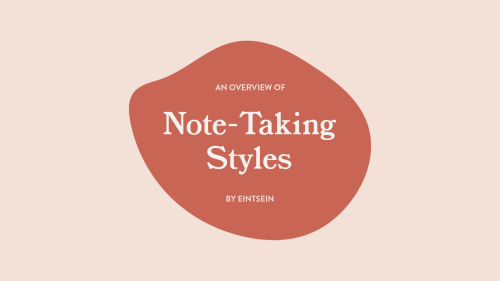

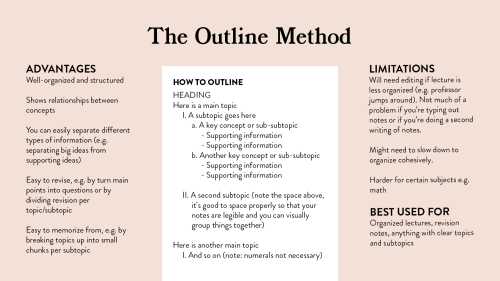
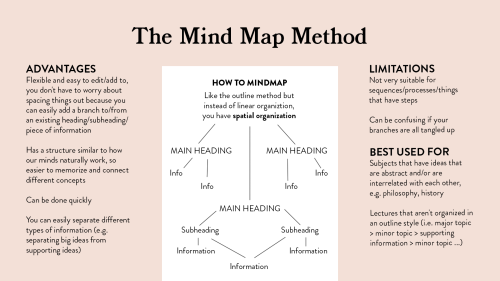

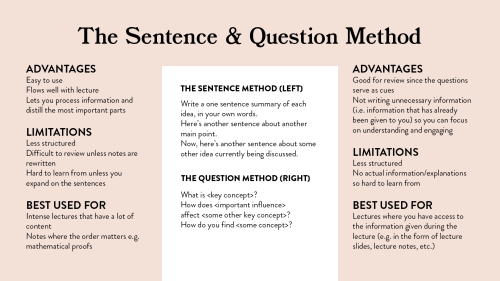


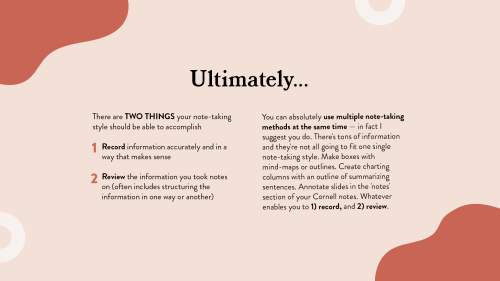
An Overview of Note-Taking Styles
Note-taking is one of the most essential skills a student should master. It allows you to record and review information to be used in the future. But what’s the best way to do so? Here’s an overview of note-taking styles that can help you maximize your learning!


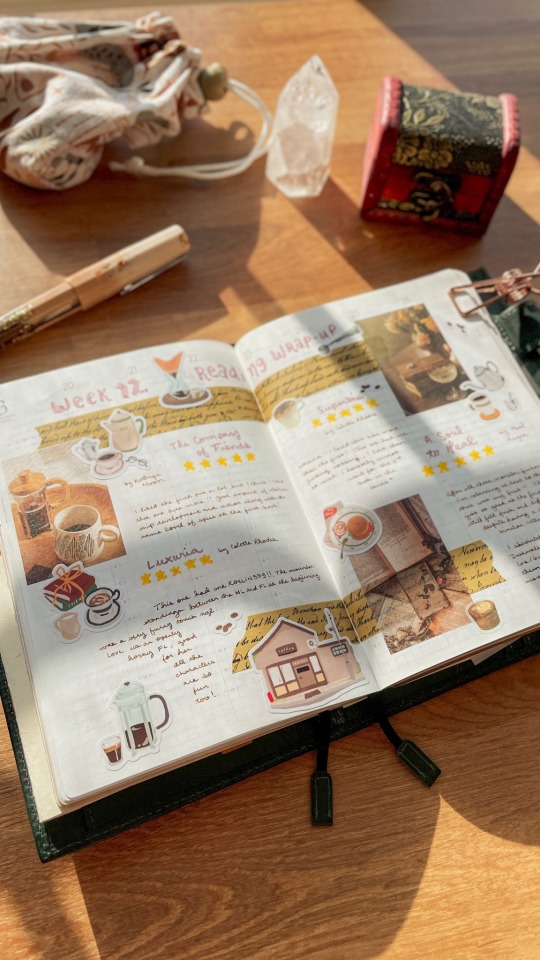



It’s August which means I’m obsessed with all of my pens and journals again 🤌🖋️

apple pals 🍎




My first proper spread in a new journal, I’m trying to figure out how I want to set it up so it’s a bit messy :/ (also, little quote in bottom right is from @phoebe-does, not me)




thank god for muji
instagram / youtube


managed to grab a nice spot in my school’s library before i went for training!
-
 learningtoletgo reblogged this · 1 month ago
learningtoletgo reblogged this · 1 month ago -
 arte-misiaaa liked this · 2 months ago
arte-misiaaa liked this · 2 months ago -
 thelandofararat liked this · 9 months ago
thelandofararat liked this · 9 months ago -
 orphic-studies liked this · 10 months ago
orphic-studies liked this · 10 months ago -
 ha5eri7n111 liked this · 10 months ago
ha5eri7n111 liked this · 10 months ago -
 serbutgay liked this · 11 months ago
serbutgay liked this · 11 months ago -
 there-is-pie-in-the-fridge liked this · 1 year ago
there-is-pie-in-the-fridge liked this · 1 year ago -
 sadprvncess liked this · 1 year ago
sadprvncess liked this · 1 year ago -
 randomthoughts2658 reblogged this · 1 year ago
randomthoughts2658 reblogged this · 1 year ago -
 heiknifbirzupent liked this · 1 year ago
heiknifbirzupent liked this · 1 year ago -
 suniah liked this · 1 year ago
suniah liked this · 1 year ago -
 dlb1415 liked this · 1 year ago
dlb1415 liked this · 1 year ago -
 longpersagesra liked this · 1 year ago
longpersagesra liked this · 1 year ago -
 litelignsuppsen liked this · 1 year ago
litelignsuppsen liked this · 1 year ago -
 violetyukar reblogged this · 1 year ago
violetyukar reblogged this · 1 year ago -
 angolymo liked this · 1 year ago
angolymo liked this · 1 year ago -
 svnrae liked this · 1 year ago
svnrae liked this · 1 year ago
